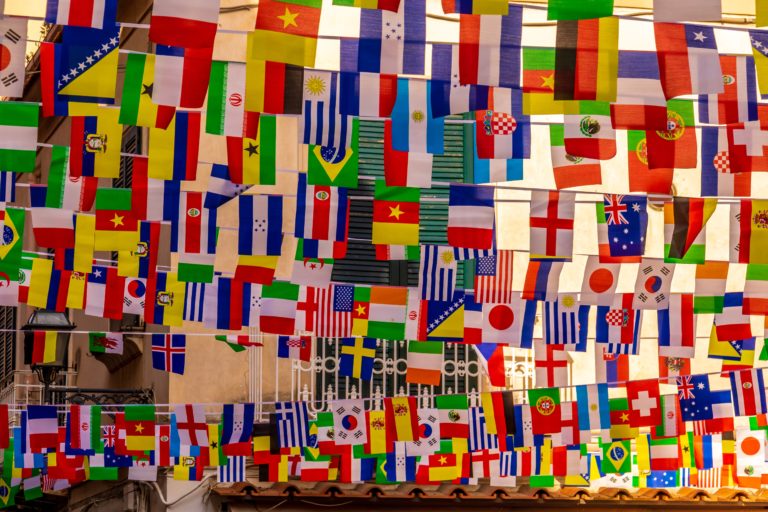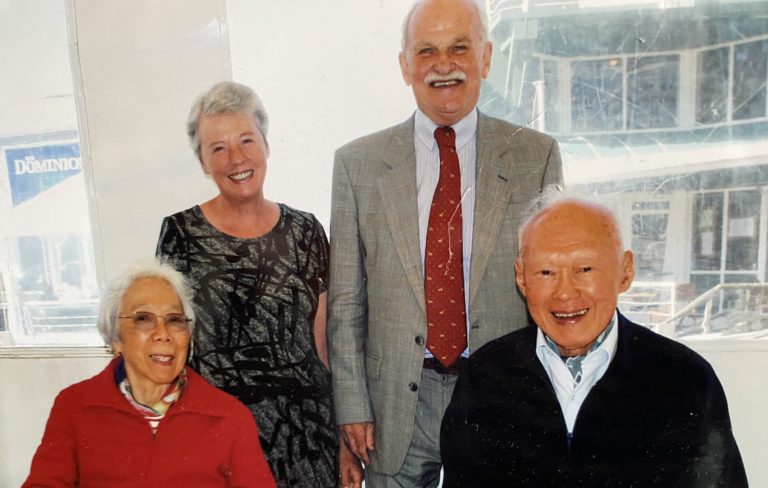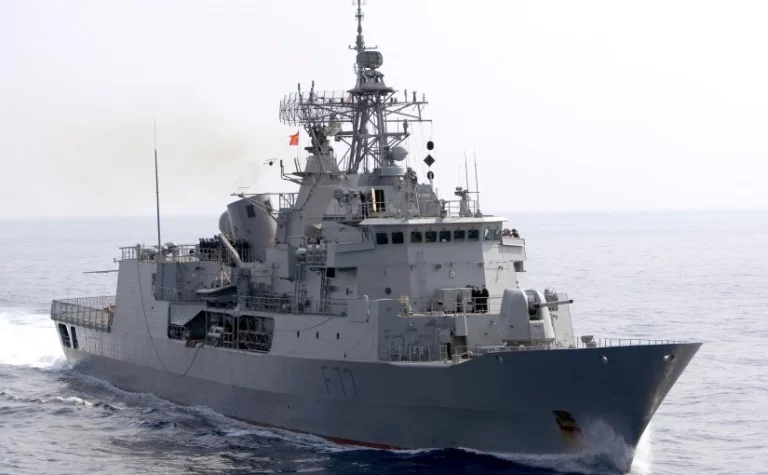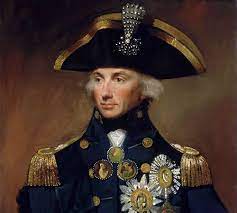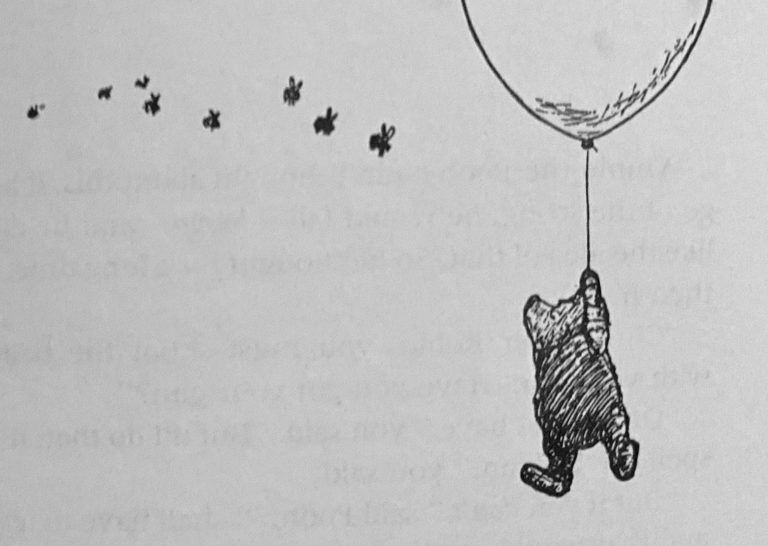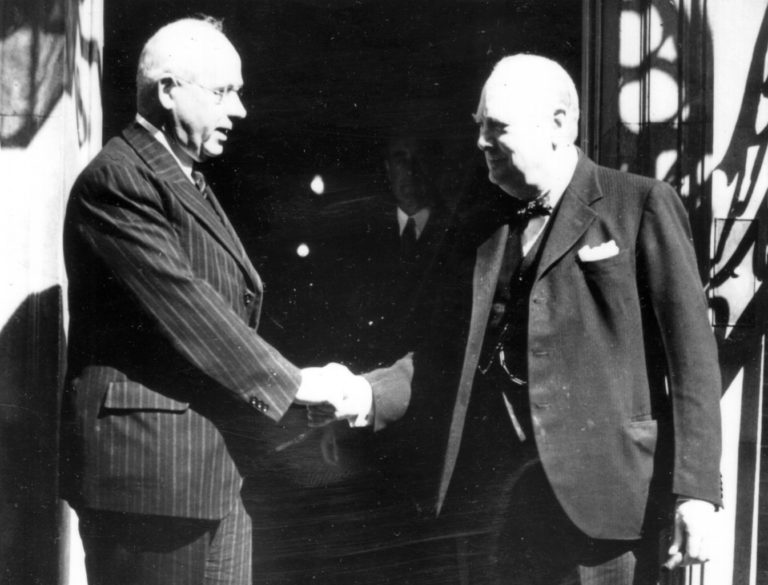Religion and the Luck of History
The Mediterranean seems a natural unity on the map and for almost a thousand years under the Roman Empire it was indeed an inland sea, enabling easy summer communications to every port around its coastlines. Trade across it began even in Neolithic times and the weapons, armour and pottery of which Homer sang were all the work of established trade routes. Even before the dominance of Rome the Mediterranean had developed economic and social unity and it seemed inevitable that under Rome it would become a political one as well. Neither wars nor changes in trade seemed likely to break this unity, even when the Western half of Rome’s empire collapsed and the Eastern Empire tried to rule alone.
It was religion that unexpectedly brought a radical change. After the Eastern Roman Empire and the Persians had fought themselves to exhaustion the dramatic appearance of a new religion spread by warriors from Arabia in the 7th century split the Mediterranean into a southern, Islamic and a northern, Christian half. The split turned out to be irrevocable. Over thirteen hundred years later this is still the case and the religious divide, still powerful, has long since deepened into a cultural one as well. At the time of the division both halves could claim to be equally devoted to their religion and indeed to the arms which supported them and yet the two developed in very different ways. It is worth considering why this should have been so.
To a Roman, the south had much greater advantages. It was much more closely settled and had more civic and educational institutions. The whole empire depended on its productivity. Rome’s grain came largely from Egypt, many more of its needs came from Syria and Anatolia. North African ports like Alexandria were placed at the junction of the world’s major long-distance trade routes. Through them Rome maintained such an extensive luxury trade with Arabia, India and China that the resulting trade deficit weakened its own currency in the third century.
The south built and operated more trading vessels and grew bold on the knowledge and wealth they acquired. The Phoenicians seem to have sailed right round Africa at the beginning of the 6th century BC and their ships opened trade with the French coast, Britain (for tin) and into the Baltic. Their explorations fuelled a lively intellectual climate, led by the Greeks who made (and sometimes forgot) some remarkable discoveries. At the great Library of Alexandria its director Eratosthenes worked out the circumference of the world with an accuracy not bettered until the late 19th century. The discovery had no immediate use and was forgotten but if Columbus had known of it there would have been no attempt at a voyage to Cathay. He would have realised that the long trip to China was beyond the endurance of his stores.
The fizz had long gone out of these intellectual endeavours by the time the Arab armies arrived but in the Roman provinces they conquered, administered until then by the Emperor in Constantinople, they found a huge store of philosophical, geographic and other knowledge. Much of this had no relevance to their beliefs but they took up the astronomical, medical and mathematical studies with enthusiasm and made their own improvements. In calculations today we use, not the clumsy Roman notation, but Arabic numbers, including their invention of the nought. In the Middle Ages Europe’s medical skills came from the ancients like Galen but mediated through Arab sources.
Then the interest in new knowledge dimmed. For the devout, the holy Quran contained not reports about God but His words as dictated to his Prophet. When you had God’s actual directions on how to live it was pointless if not impious to look further. So intellectual speculation withered under the gaze of religion. It nearly did so north of the Mediterranean as Europe’s clergy also looked with suspicion on new ideas. There was a struggle between the secular and the pious in both north and south. The pious quickly won in Egypt and Baghdad and intellectual speculation went underground or died. The battle took longer in Europe but in this case the secular triumphed. It did so for reasons buried in post-Roman Europe which can best be described as an accident of history.
Gibbon thought that Christianity was largely responsible for the overthrow of the Western Roman Empire. His argument does not arouse much interest now but it can be stood on its head. It can be argued from a purely secular point of view that whether or not Christianity was powerful enough to overthrow Rome it was not strong enough to control the ideas that slowly unfolded in the world after Rome.
The crucial distinction is that Europe, unlike the East, found itself with both a Pope and an Emperor. In most empires, Chinese, Persian, Inca and Aztec, political and religious leadership tended to be combined in the one person. In such states it was hard to separate the roles since the leader had both to ensure stability in his subjects and the continuance of heaven’s favour. This had its appeal even to Christian rulers and their subjects but an accident of history ruled it out in Europe after the last Western Emperor was deposed in 476.
The date is an illusion. The idea of the empire and a dwindling number of its features lingered on for another two centuries. It was the only political organisation people had known. There had been bad times before which the empire had survived and so for as long as they could people pressed on with what was normal and familiar in their lives. For some time consuls in Rome and local officials continued to be elected, though they increasingly conferred only social standing. Courts sat in a haphazard way and some taxes were still collected. More importantly, some trade harried by pirates continued across the inland sea. Then, in the middle of the seventh century, the sanctuary lamps in many European churches went out. The lights failed because their olive oil could no longer come from Egypt after the Moslem conquest. The unity of the Mediterranean was broken and with it went the last gleams of Roman rule in Europe.
There was, however, still a Pope in Rome and a much more distant Emperor in Constantinople with a shadowy claim on the West. Though the two quarrelled and each would have liked to supplant the other, neither was able to do so. The tension between them could not be resolved and the lasting gap between imperial and ecclesiastical authority grew into our acceptance of what would have seemed a very strange idea to the Romans and their predecessors, a separation between church and state. Discomfort with the change encouraged an attempt to erect a new Emperor in Germany but it lacked the universal authority of its predecessor and could not prevail in its struggles with the Papacy. The limits to the authority of both church and state came over time to be filled by the growth of civil societies, activities and ideas not controlled effectively by either. Out of this over time evolved our later notions of the rule of law and of a secular society.
No such accidental duality occurred in the Eastern Roman Empire where the Emperor acted as supreme over church as well as state. He called councils and declared doctrine; the Patriarch of Constantinople was his servant and the Pope a distant figure until the final break in 1054. In theory at least the Emperor’s rule covered all spheres of thought and activity. Political opposition thus as often as not took the form on inventing new heresies – at one stage there were said to be thirty different heresies about the Trinity alone. Restive provinces and districts could use a popular heresy as cover for a revolt against Constantinople.
This tradition was inherited by Islam like so much else from the former Byzantine provinces, but the effect of its own religious thought was to significantly strengthen it. The very concept of Islam, the house of peace, was religious rather than geographic. The borders of Islam were the borders of belief not the boundaries of a state. So the state and its institutions were of much less importance, compared with the Umma or household of the faithful. No distinctive political or administrative institutions were developed. Bodies like the Shura or Majlis remained informal and simple. It was religion which held territory together, not any sense of national identity.
In all this there was no room for separate concepts of church and state, or of separating peoples’ lives into religious and secular days. Islam was a belief system that covered all human activities; it left no space for the growth of ideas and institutions outside its sway. Because God had laid down the rules for the conduct of life, rulers governed with his sanction which meant that authoritarian regimes were until recently the universal norm. Doctrine including political doctrine could not be challenged directly, at least until the spread of modern ideas like socialism. So, as with Byzantium, political opposition often had to be expressed in accusations of heresy or doctrinal backsliding.
The political and economic differences between the northern and southern halves of the Mediterranean widened over time. For centuries there was little change in the agricultural productivity that ruled people’s lives until sometime in the 10th century the four-wheeled plough appeared in the north. Pulled by a larger team of oxen it enabled the cultivation of the heavy clay soils of Germany and other parts of Europe which had hitherto defied the lighter ploughs in traditional use. The prosperity it generated brought a marked growth in population and the first building boom in Europe since the Romans, not just the impressive new cathedrals but for any walker in the countryside the marked extent to which small wooden parish churches were replaced everywhere in the 11th century with the much more expensive and durable stone. The new prosperity was even able to fund the First Crusade which might be seen as the only time anyone made even a half-hearted attempt to put the two halves of the Mediterranean back together again. Europe was on its way, set on its path of expansion. In the following years the population continued to grow, towns recovered, universities appeared and new builds of ships opened the Atlantic to exploration and beyond.
No such fortunate event transformed agriculture in the drier south. Indeed the ravages of the Mongols in the 13thcentury not only diminished and demoralised populations, they destroyed the complex networks of irrigation which made huge areas of Mesopotamia so productive. They were never rebuilt and the economic vigour of the region sank into lassitude.
Then, almost in our own lifetime, a new source of wealth appeared and it looked as if the south’s moment had come at last. To the understandable satisfaction of believers it turned out that God had endowed the Islamic or southern half of the Mediterranean world with almost limitless supplies of oil while the Christian north, sharing the same borders, had almost none. This led to a hectic prosperity in some countries and a dramatic lift out of poverty for some. But because it was a top-down prosperity its impact was uneven, more like winning a lottery than the even growth of a national economy. It paid for extravagance and wars but not for the establishment of stable political institutions. Corruption and stagnation have led not to political but to religious activism and the rise of terrorism.
T. E. Lawrence in the battle against the Ottoman Empire foresaw the risk in firing up Arab nationalism. “They were weak in material resources … and could never be strong in modern armaments. Were it otherwise, we should have had to pause before evoking in the strategic centre of the Middle East new national movements of such abounding vigour.” (Chapter XIV, Seven Pillars of Wisdom).
Oil made the change Lawrence did not think likely. The consequences heightened Europe’s interest in seeing democracy established on the other side of the Mediterranean. But stable democratic institutions cannot be transplanted like pot-plants. As its history shows, it is the most difficult and sophisticated of political systems and for it to take root seems to require a long acclimatisation and growth period. It requires attachment to a political rather than a religious framework, the acceptance of the swings and disappointments of the rule of law and a reasonably cheerful acceptance of electoral defeat.
It may not be a coincidence that the most stable democracies are those who invented ball games and so have learnt to accept decisions that go against them. Elections cannot work if they hang on life-and-death outcomes. There must be enough common ground in an electorate so that it you lose you look forward to the next contest rather than reaching for your Kalashnikov. Lee Kuan Yew once said that Asia would be politically mature when a leader could step down without fear of being hanged. Forming a lasting consensus on matters like this takes time.
Democracy can’t be preached, though Western politicians endlessly try to. It is like preaching the crusades which to many of its hearers it resembles. The awkward fact, pointed out by Fernand Braudel, the French historian, is that cultures change very slowly. He compares them to the sand dunes which cover a rocky base. The dunes constantly change their shape, as people learn new ways, drive foreign cars and watch foreign movies, but the rocky foundation, peoples’ view of the world and how to behave in it, changes very slowly, perhaps over centuries. We have to accept this, whether we like it or not, but in the West we might occasionally look back and give thanks for the quarrels of Pope and Emperor which opened the way for our own political good fortune.
